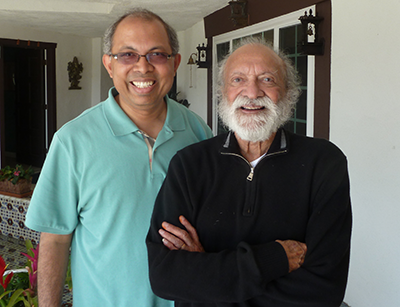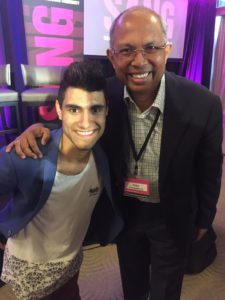Don’t be afraid of the truth
Quality & Me
Subir shares short stories about what people do to make a difference everywhere they go. We can make huge contributions to the way we function as a society by standing out as an example within our own community: at work, at our places of worship, among our colleagues, friends, and family. All it takes is the courage to step up and being straightforward, thoughtful, accountable, and resilient.
Let’s talk about the truth.
If you want your organization to succeed, you must encourage everyone – and I do mean everyone – to not be afraid of speaking up, speaking out, and speaking the truth.
I get that this can be hard, especially when you work in a corporate setting. Not everyone wants to hear the truth, let alone act on it.
Some people just don’t want to face the truth—after all, if you ignore reality, you won’t have to deal with it, right?
Wrong.
Even in the best organizations, politics that inhibit being authentic can permeate the air, stifle productivity, and prevent real and lasting solutions from being found and implemented.
Let me give you an example.
During a client meeting I sat in on, the COO encouraged everyone to speak the truth—to share openly and tell it like it is.
The problem was, no one did. You could hear a pin drop. It was clear they were terrified.
When a few people finally spoke up, they were quickly silenced by others in the room.
The COO continued to encourage people to speak up. He told them it was essential that they support each other, even if a problem affected someone else’s group or department.
It was clear to me as an observer that there was a big game of political maneuvering going on.
People were scared to speak up, speak out, or to tell the truth.
They feared for their jobs.
This company had a culture where people swept problems under the rug, even in front of their bosses, including the COO.
Fear and lying is an all-too common issue in organizations: people are afraid of repercussions, losing their jobs, being embarrassed—you name it. As long as your organization is operating in fear, you will never succeed. In fact, you will fail. Fear is a formula for disaster.
Encourage everyone – and I mean everyone – to be straightforward, to tell the truth, and to not be afraid. Without being straightforward, you can never make a difference.
















